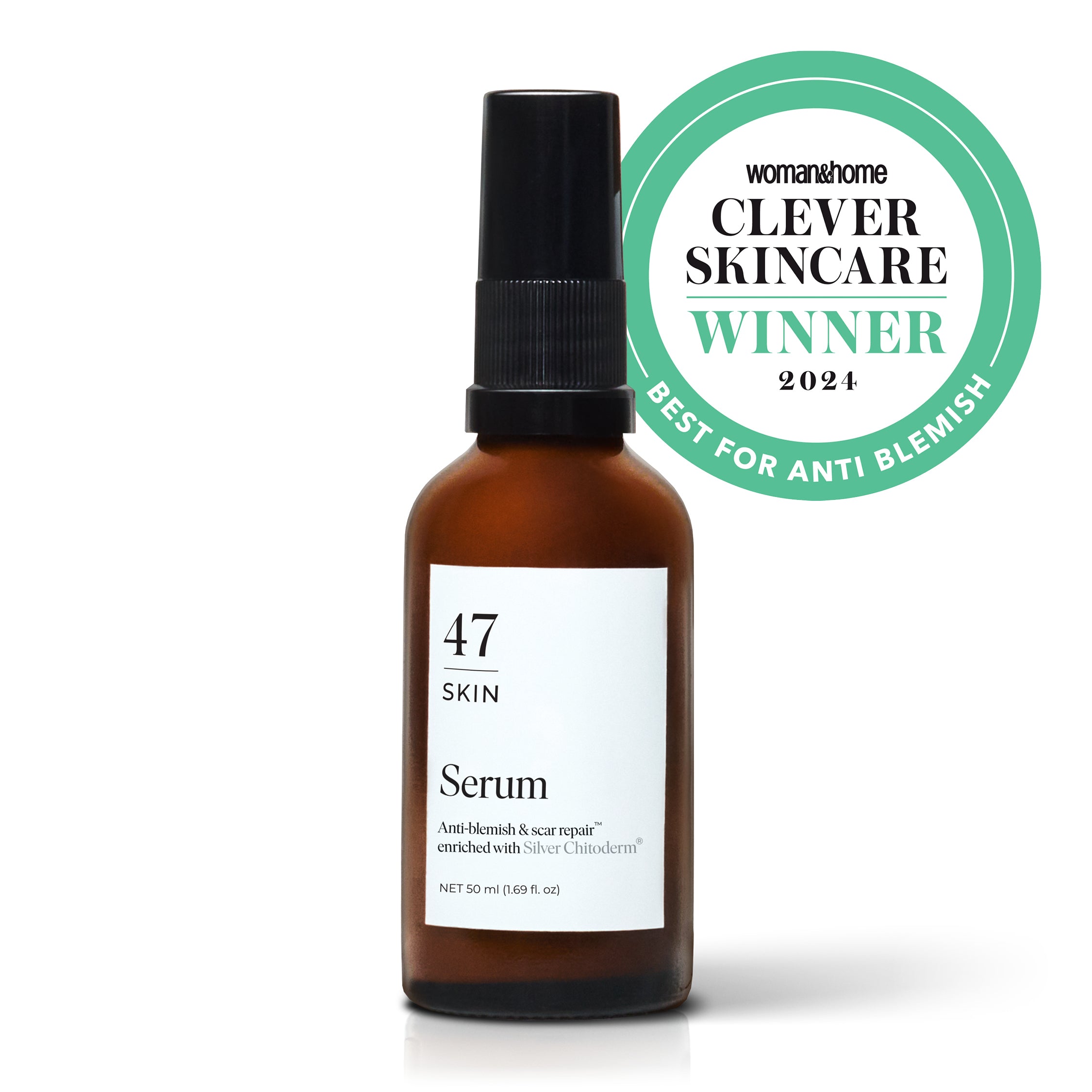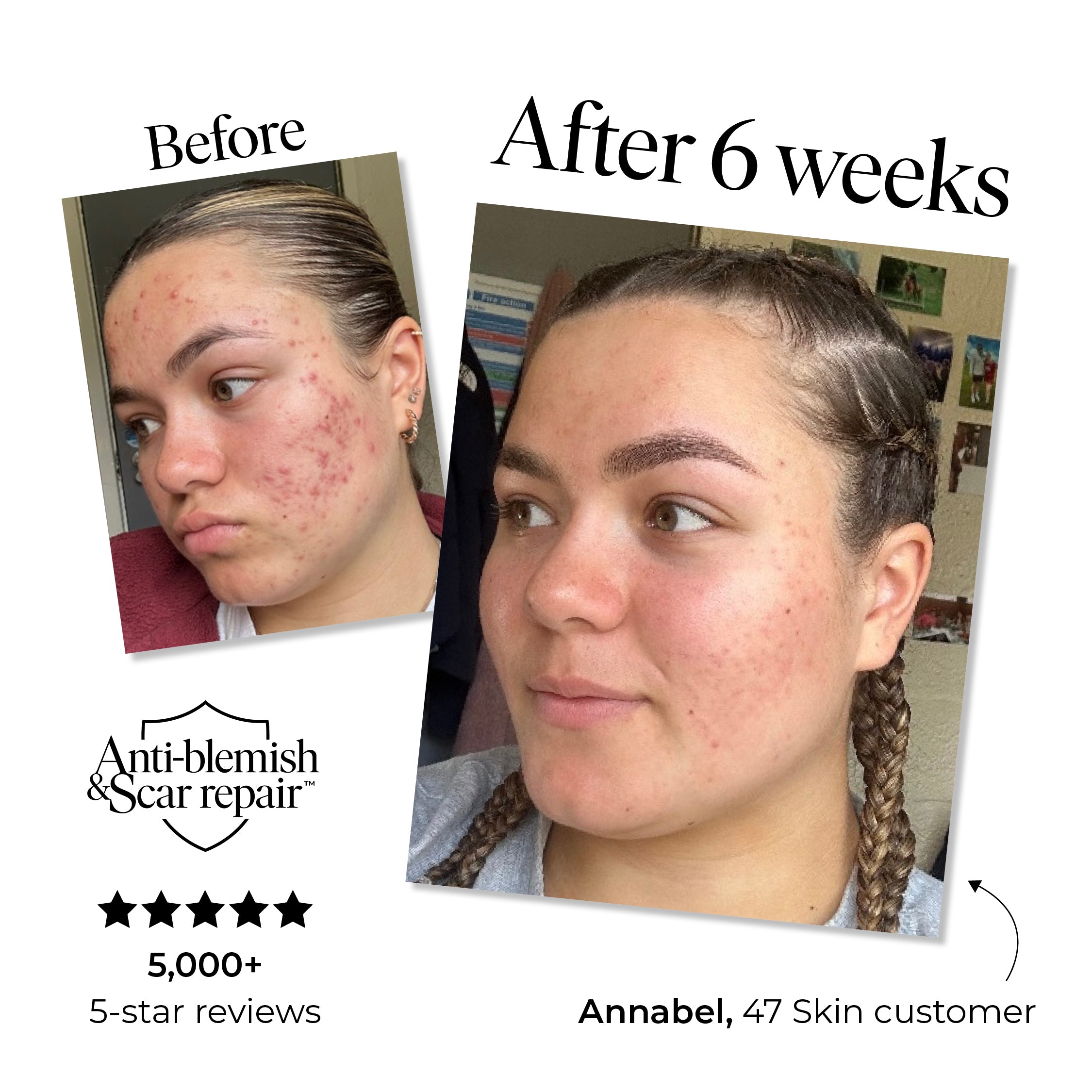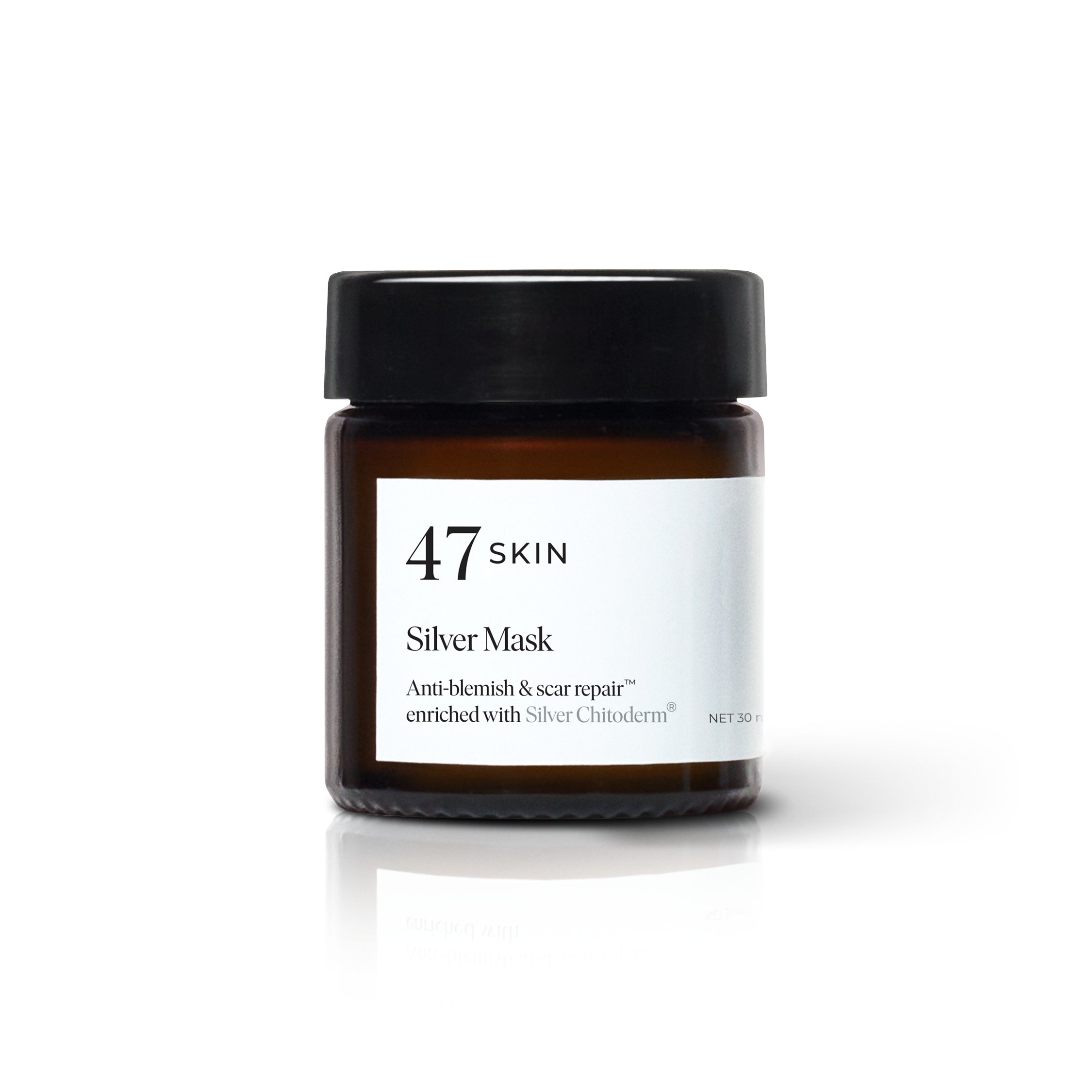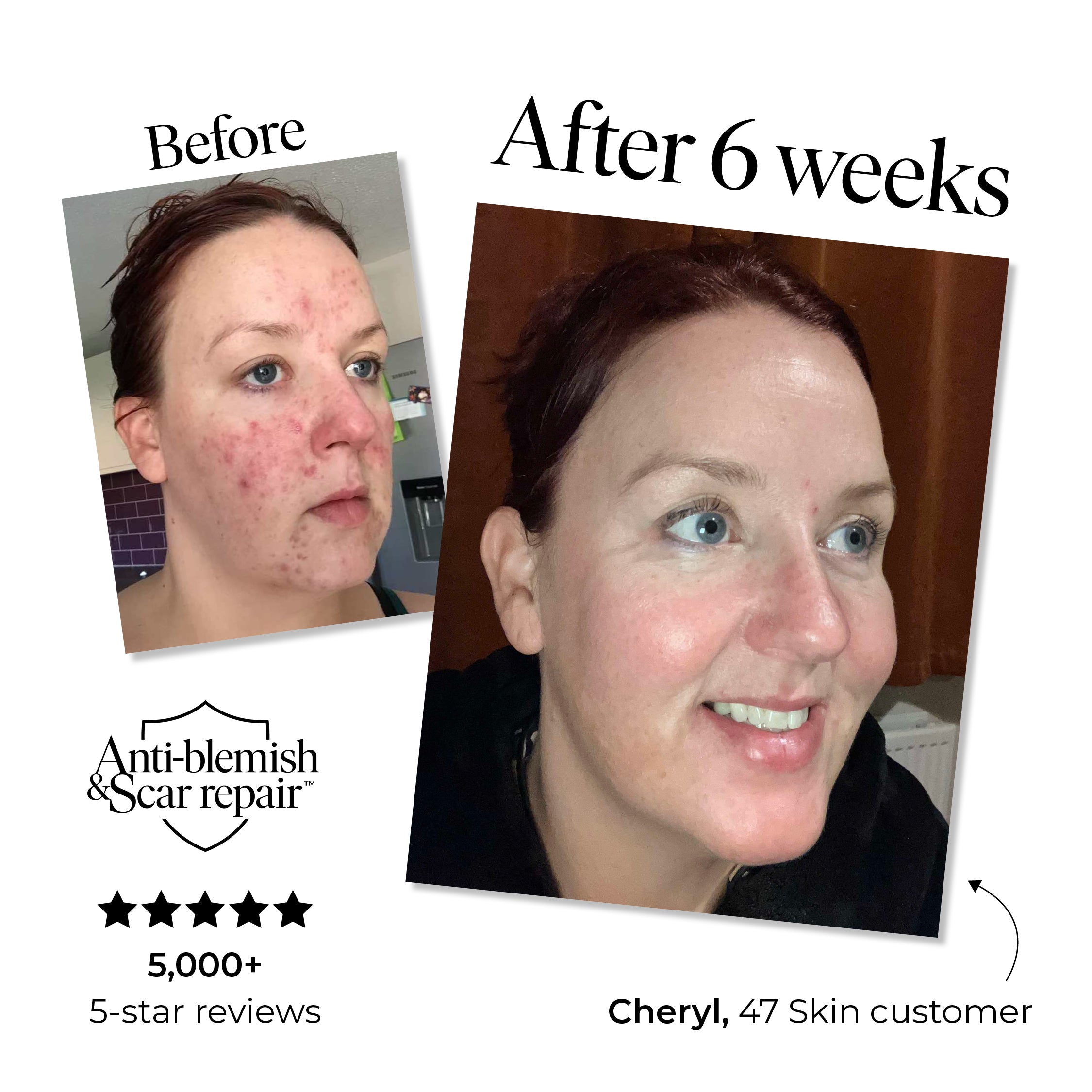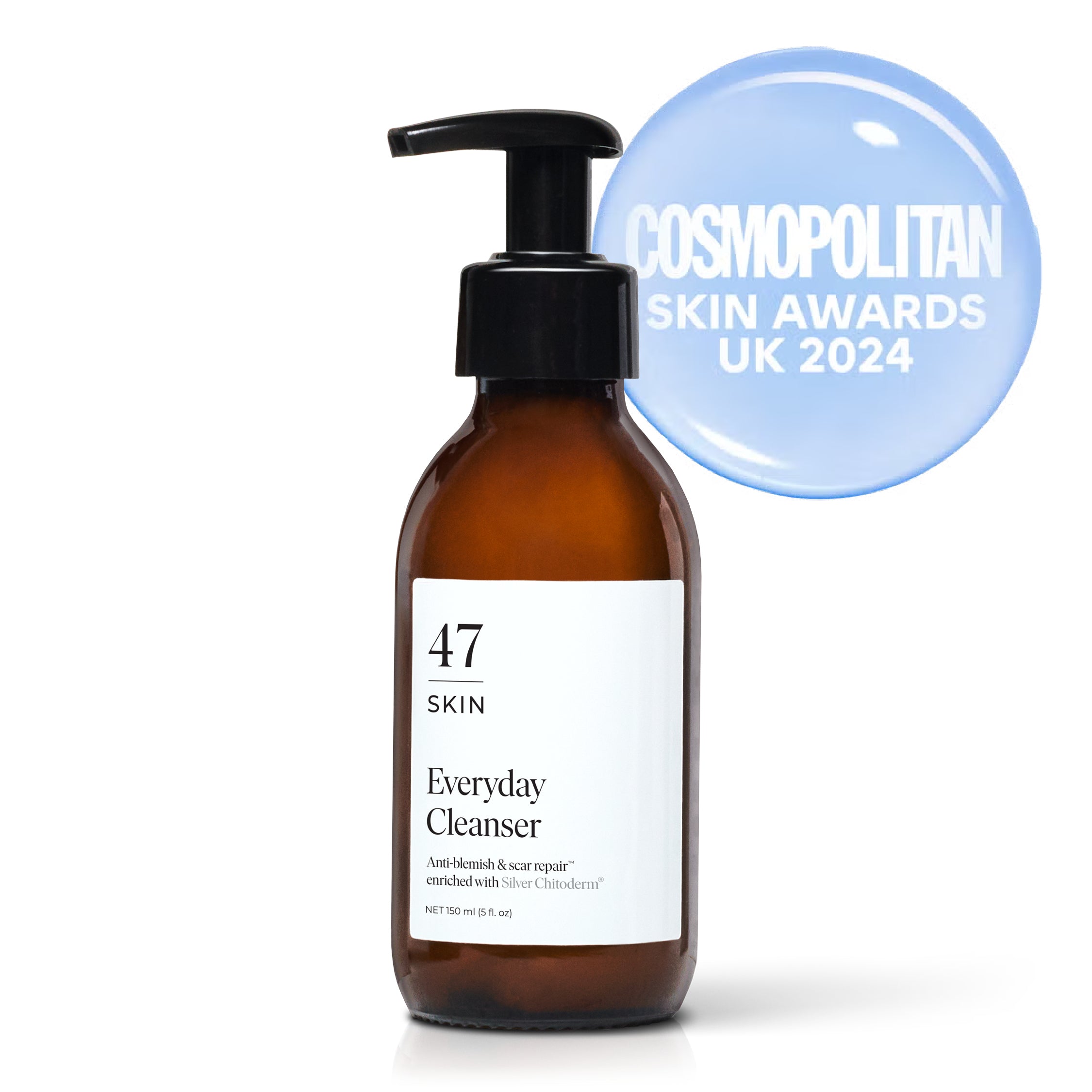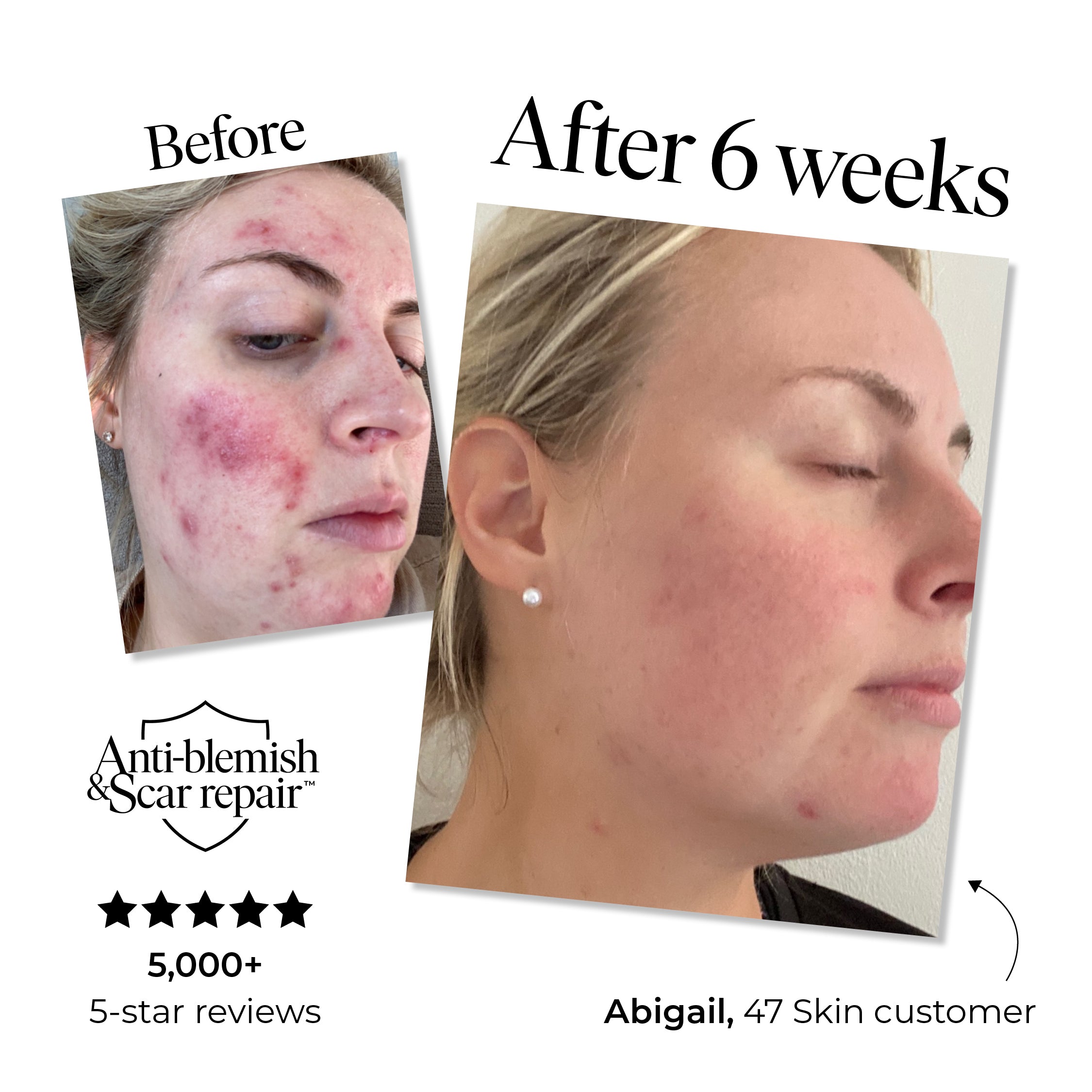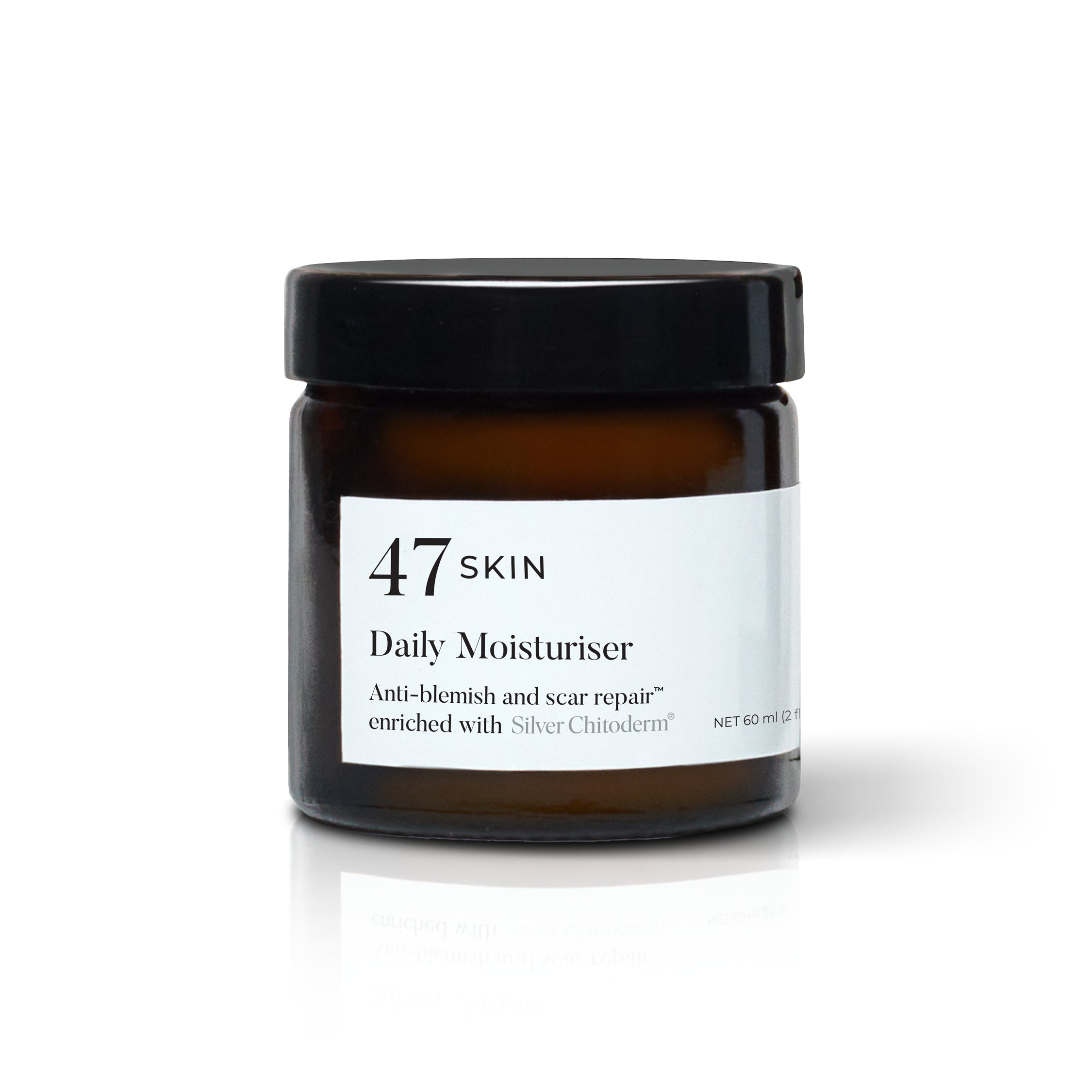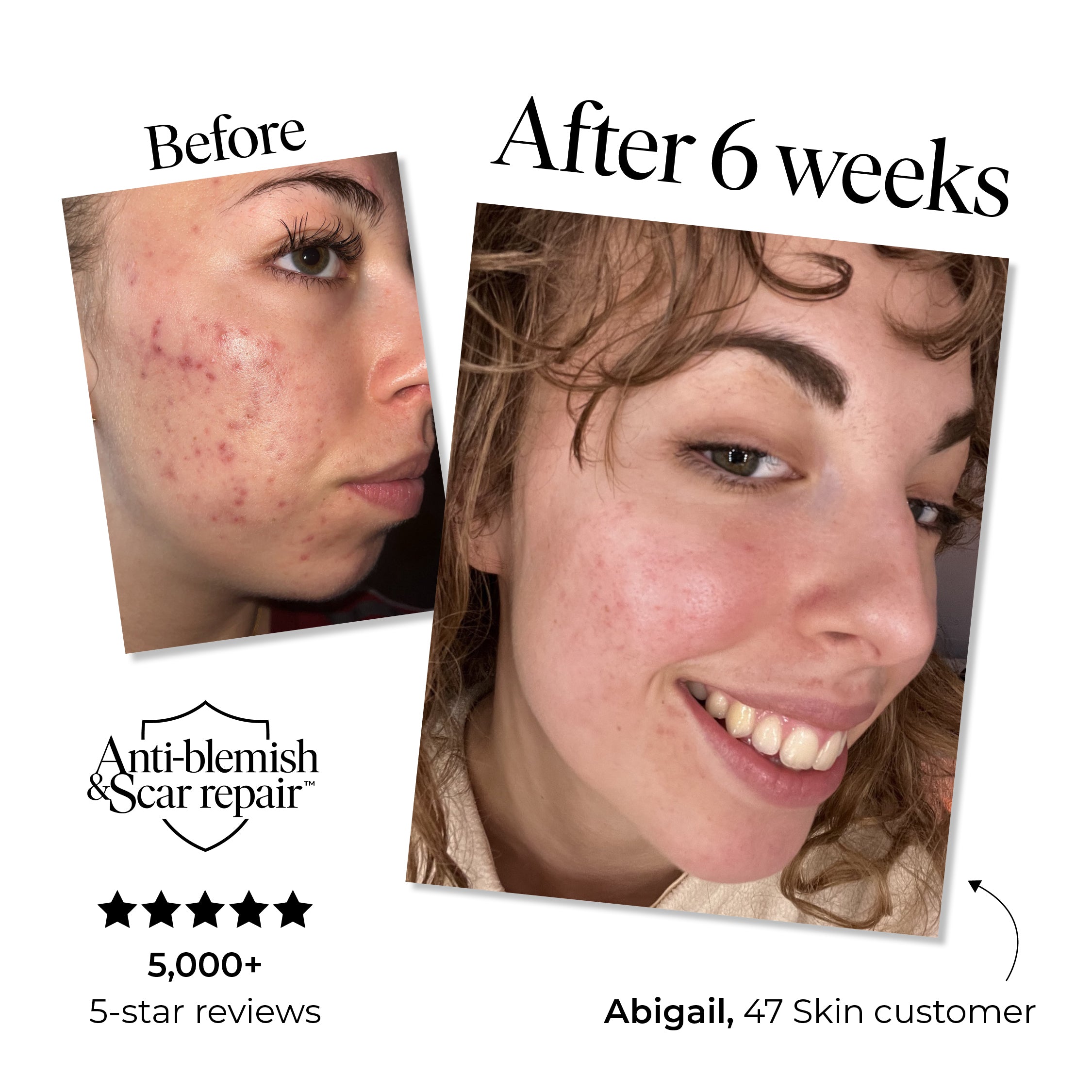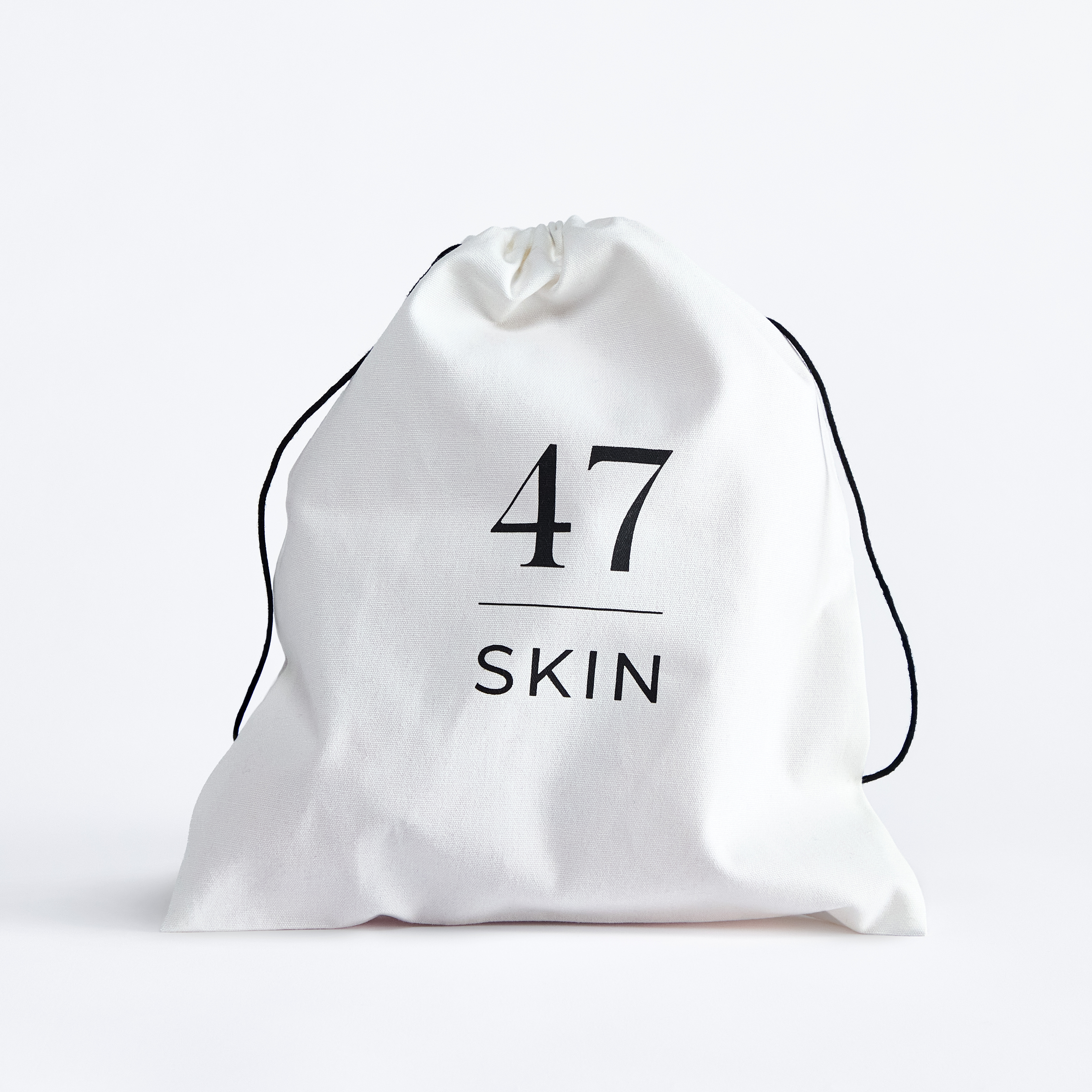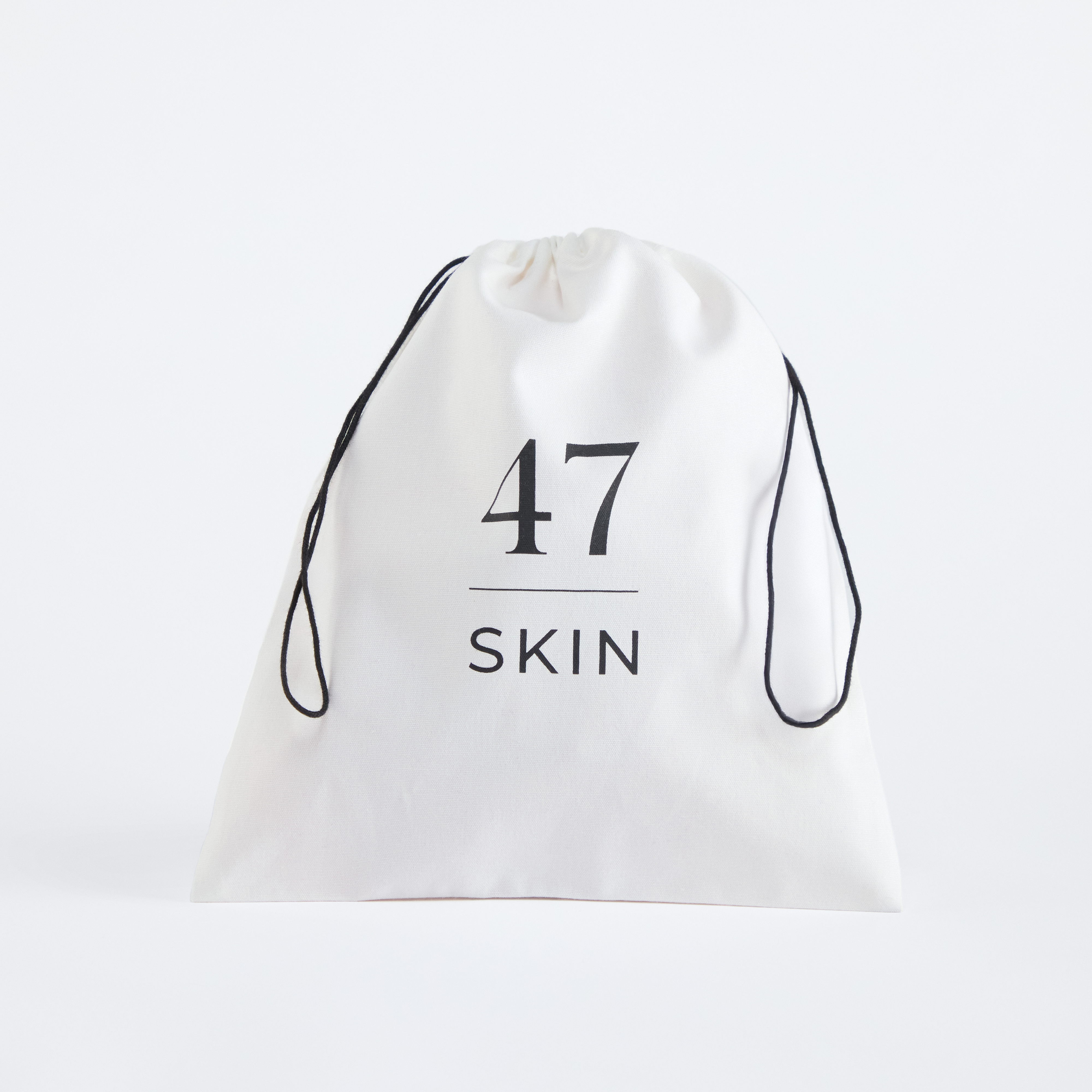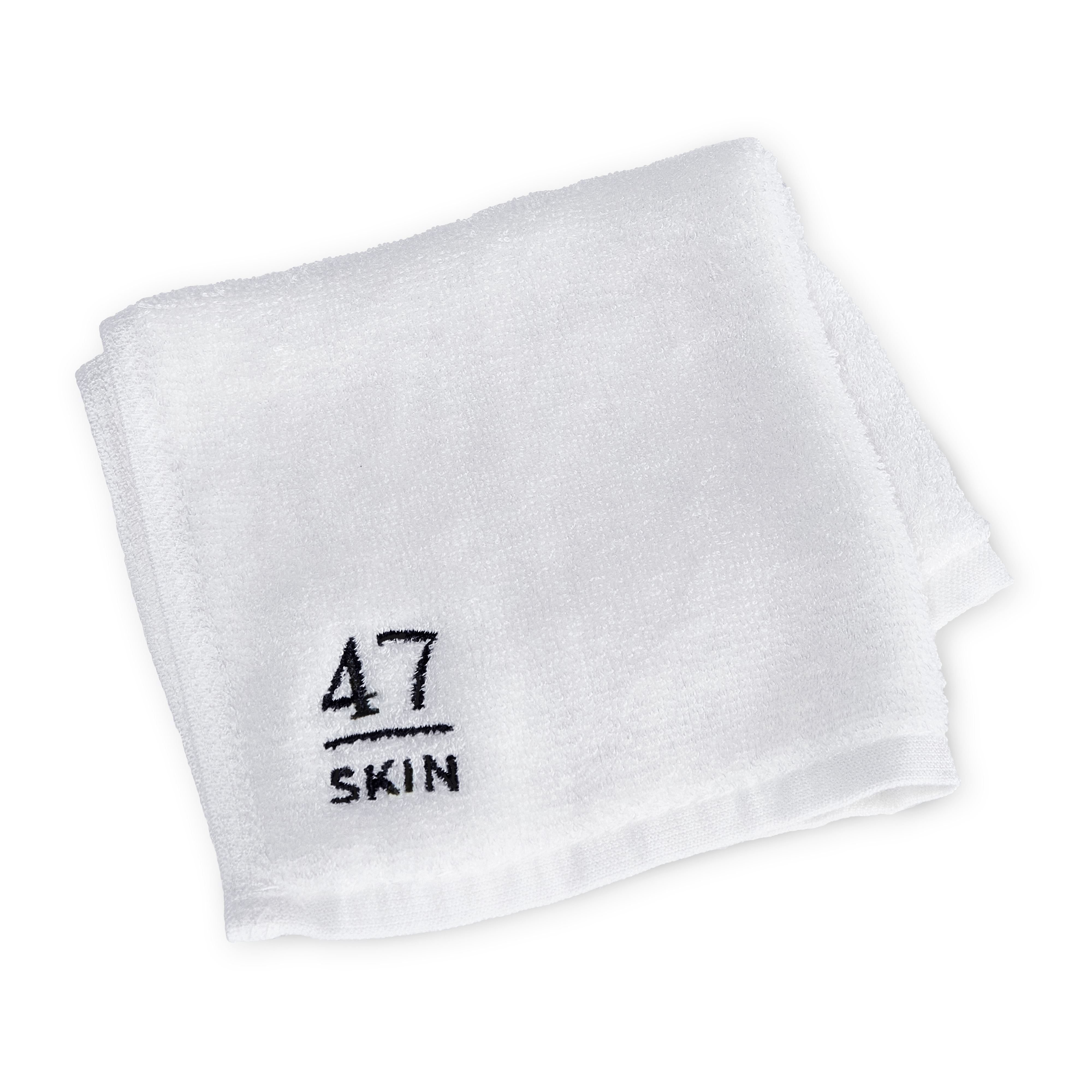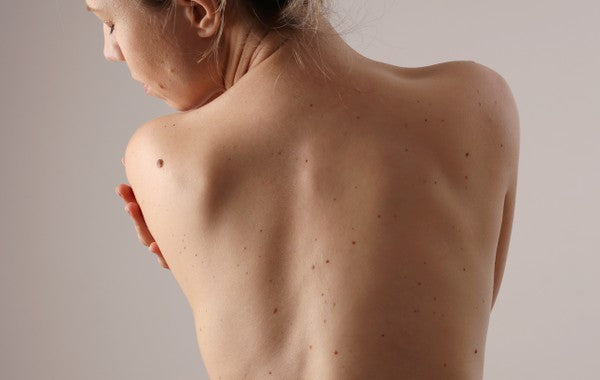
Common Signs of Skin Cancer
Skin Cancer: Common Signs & Symptoms
Skin Cancer might be something you prefer not to think too much about, especially if you love being in the sun. But it’s vital that you do.
Not only is it the most common type of cancer in the world, but it can be fatal and it’s important to know the signs to look out for, as well as how you can reduce your risk.
Most common signs of Skin Cancer
- Changes to existing moles such as the colour/ shape/ size or any changes to the surrounding skin.
- Any new or unusual moles
- Moles that begin to bleed/ go crusty or become itchy and sore.
- Any new discoloured patches of skin, lumps, growths or sores
If there is anything that you notice on your skin which you are concerned about, make an appointment with your doctor straight away to get it checked out.
How can you reduce your risk of Skin Cancer?
- Stay out of the sun where you can, especially at the hottest part of the day (10-4pm). Seek shade and keep sun exposure to a minimum.
- Cover up and wear a hat if you are walking around in the sun
- Wear water resistant SPF30 or more – the higher the factor, the better. You should be wearing sun screen all year round, even when it’s cloudy. Ensure you have applied this at least half an hour before going outside.
- Keep any larger moles covered, when you are in the sun.
- Avoid sunbeds/ tanning beds as these can massively increase your chances of developing Skin Cancer. If you want some more colour to feel more confident, go for a spray tan instead – they can look just as natural and won’t damage your skin.
- Keep checking your body and any moles for changes regularly, ensuring you don’t miss places such as in between your toes, under your arms, your inner thighs and the back of your neck (use a mirror or get someone to help you.).
What else should you look out for?
You are at an especially high risk of developing skin cancer if you have very fair skin or have lots of moles/ freckles.
Or, if you have any larger moles on your body, make sure you keep an extra eye on these and any changes that occur, as these are more likely to turn cancerous.
You are also at a higher risk if you have:
- a close relative who's had melanoma skin cancer
- pale skin that does not tan easily
- red or blonde hair
- blue eyes
- previously damaged your skin through sunburn or radiotherapy treatment
- a condition that suppresses your immune system, such as diabetes or you take medicines that suppress your immune system
- a previous diagnosis of skin cancer
As scary as it can seem, don’t put off getting anything you’re worried about looked at by a medical professional.
Most cases can be cured if caught early, so it’s always best to get it checked.
